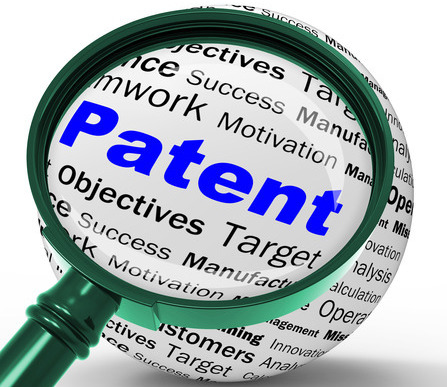Patent Search: Importance of Prior Art
Since patent documents must describe inventions in such a way that persons skilled in the art can reproduce them, these documents will contain detailed information you will not find in classic scientific publications.
Today many patent databases are available freely on the Internet. Patent offices worldwide have agreed on publication standards and the sharing of their publications, resulting in global, well structured databases. Patent data is also classified according to a universally accepted scheme, subdividing the technical fields into very fine sub-domains. Classic scientific publications, on the other hand, originate from many sources and do not respect publication standards as patents do.
You can quickly access huge amount of information on a given subject. This patent relates to free parking place indicators and is assigned to a technical subdivision of the International Classification G08G1/14 containing another 193 patent documents all relating to that subject.
Most companies prefer not to disclose their research results for obvious competition reasons. But if a company wants to obtain exclusive rights on its invention, it must file a patent application that will eventually be published and made available to the public. This explains why patents are often the first publication on a given invention and are therefore a very up-to-date source of information on a technology.
Patentability Analysis
The term patentability refers to the eligibility of an invention to obtain patent rights based on the following criteria laid by relevant patent laws:
1. Novelty
An invention is said to be novel when the invention is not anticipated by any single prior art reference. In simple terms, the word anticipation means providing details regarding the workings and feasibility of the same invention.
2. Non-obviousness
An invention is said to be non-obvious, when the invention is not anticipated by any combination of known prior art references.
3. Useful
Invention is said to be useful if it has applications in an industrial setting.
4. Subject Matter
An invention is said to be eligible subject matter if the invention is not excluded by the patent law. The phrase subject matter refers to the concept or aspect that is intended to be protected by a patent. Few subject matters such as business methods are not patentable subject matter in India.
For more information on Patent Search and Patentability Analysis, please please Contact Us.

